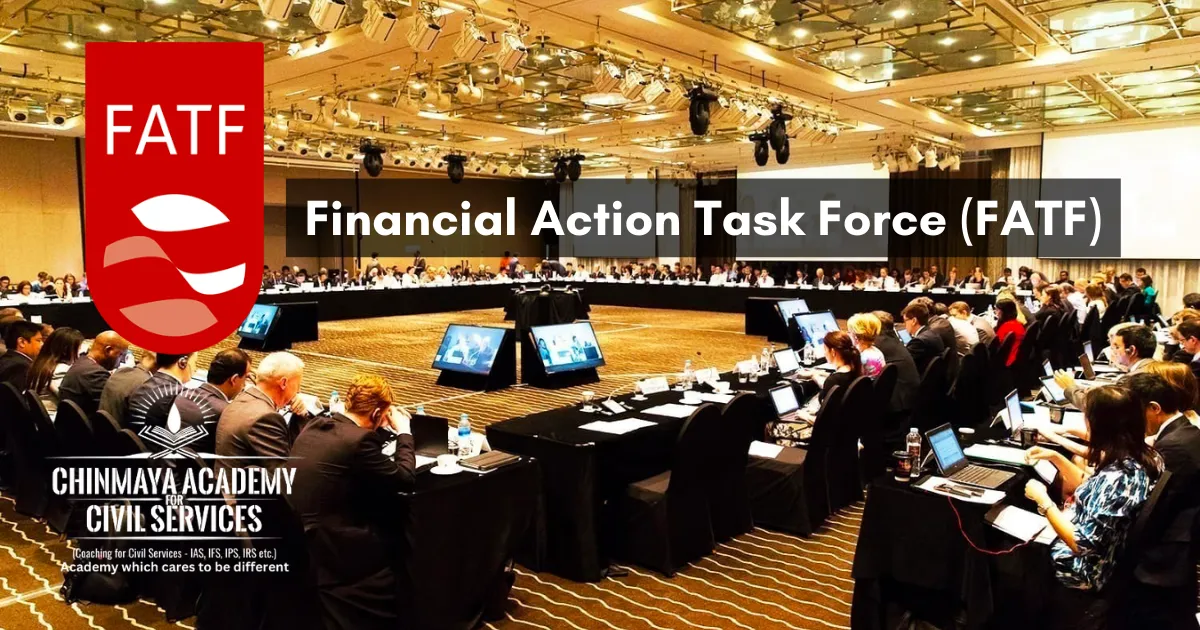
The Financial Action Task Force (FATF) is an intergovernmental body established in 1989 based in Paris. It originally included the G7 countries, the European Commission and eight other countries. Today, it comprises of 39 member countries, 2 observer jurisdictions and 9 FATF-Style Regional Bodies.
It acts as global money laundering and terrorist financing watchdog. As an inter-governmental body, it sets international standards aimed at preventing such activities and the harm they cause.
Objectives, Functions and Tasks
Objectives
- To protect financial systems and economies from threats of money laundering and the financing of terrorism and proliferation
Functions and tasks
- Identifying and analyzing money laundering, terrorist financing and other threats
- Developing and refining the international standards for combating these threats
- Examining the impact of measures taken to combat misuse of the international financial system
- Supporting national, regional and global threat and risk assessments
- Promoting full and effective implementation of the FATF Recommendations by all countries including through standards training and outreach
Core areas of work
Identifying High-risk jurisdictions
The FATF identifies jurisdictions with weak regime to combat money laundering and terrorist financing in two lists, namely,
Black list
- High-Risk Jurisdictions subject to a Call for Action
- It identifies countries with serious strategic deficiencies
- It urges these countries to apply enhanced due diligence and counter-measures to protect the international financial system
Grey list
- Jurisdictions under Increased Monitoring
- It identifies countries that are actively working with the FATF to resolve the identified strategic deficiencies within agreed timeframes
Combating terrorist financing
- It sets global standards to combat terrorist financing
- Assist jurisdictions in implemention of financial provisions of the United Nations Security Council resolutions on terrorism
- Evaluate countries’ ability to prevent, detect, investigate and prosecute the financing of terrorism
- Improve and update the understanding of terrorist financing risk
Proliferation financing
FATF Recommendations require countries and the private sector to
- Identify and assess the risks of potential breaches, non-implementation or evasion of the targeted financial sanctions related to proliferation financing
- Take appropriate mitigating measures in tandem with the level of risks identified
- Ensure appropriate allocation of resources by countries and private sector entities in tandem with the level of proliferation financing risks faced
Corruption
Although designed to combat money laundering and terrorist financing, when effectively implemented they also aid investigations into corrupt activity, such as
- increasing transparency of the financial system
- facilitating the detection, investigation and prosecution of corruption and money laundering
- recovery of stolen assets
- safeguarding the integrity of the public sector
- protecting designated private sector institutions from abuse
‘No Money for Terror’ Ministerial Conference
Combatting terrorist financing is of prime importance to counter terrorism. It also forms a central mandate of the Financial Action Task Force. The ministerial conference focused on three aspects of terror financing:
- The evolving terrorism financing threat
- The impact of new tools and technologies
- FATF’s work to strengthen national responses to terrorist financing
 Chinmaya IAS Academy – Current Affairs Chinmaya IAS Academy – Current Affairs
Chinmaya IAS Academy – Current Affairs Chinmaya IAS Academy – Current Affairs
